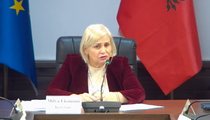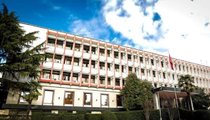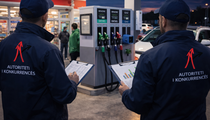Why is the Strait of Hormuz so important? - A total blockade would push the price of oil above $200 per barrel
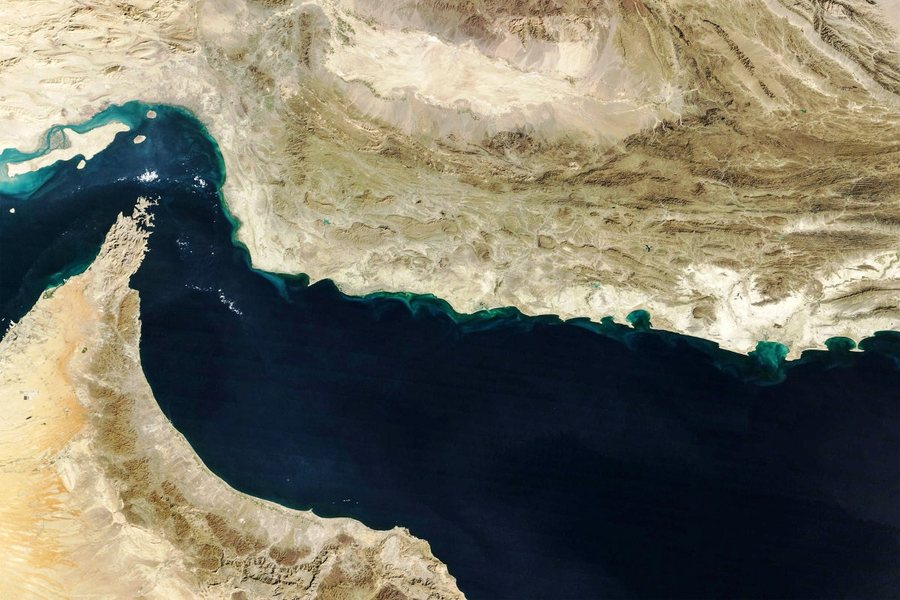
'Bab as-Salam' or 'Gate of Peace' has been the name of the Strait of Hormuz in Arabic for centuries. This key waterway could become the gateway to a wider regional war with global implications, not just in terms of energy. Located at the southern entrance to the Persian Gulf, the strait is located on a peninsula in the territory of Oman, divided into Iranian and Omani territorial waters.
A quarter of global oil traffic and about a third of natural gas traffic pass through this narrow strait. More than a fifth of liquefied natural gas travels through the Strait of Hormuz. According to experts, a total blockade would push the price of oil above $200, as about 15 million barrels pass through it per day.
The crossing routes are jointly established between Iran and Oman, following agreements signed in 1975, and strictly regulated to avoid collisions, using a traffic separation scheme.
The Arab countries most interested are Saudi Arabia, the United Arab Emirates (which have found partial alternatives to maritime trade through Hormuz) and Qatar, a major gas exporter that is still almost entirely dependent on the strait. The waterway is also a key passage for Iran, so much so that some analysts have repeatedly defined the possible blockade of the strait as suicidal for the Islamic Republic. Over the past 46 years, since the change of power in Tehran in 1979, Iran has threatened to close the strait on about 20 occasions, starting with the turbulent years during the bloody war against Iraq (1980-88).
Moments of tension and subsequent threats to close Hormuz have occurred more frequently since the emergence of the 2008 global economic crisis, with a peak between 2018 and 2022. During that period, Iran did not hesitate to target, directly and through its allies in Iraq and Yemen, Western oil interests in the United Arab Emirates and off the coast of Abu Dhabi.
It is precisely in the wake of these constant threats that Riyadh and Abu Dhabi have for years partially diverted their crude oil traffic overland. In the case of Saudi Arabia, by passing through the more expensive pipelines of the Persian Gulf in the east to the Red Sea in the west and, in the case of the Emirates, bypassing Hormuz and reaching the shores of the Indian Ocean.
While Qatar has no alternative infrastructure, it has placed its ships on standby for days, seeking to reduce transit and gas loading times. In addition to the United States, the main potential target of Iranian retaliation, China would also be hurt by the closure of the strait. Beijing is the main beneficiary of energy exports through Hormuz, especially Iranian ones.

Tourism "invites" capital from outside the EU/ Accommodation becomes a gateway for non-European capital in Albania
About 5.3% of active enterprises in Albania are foreign-owned or have joint ventures with international partners, according to the latest official data. The......
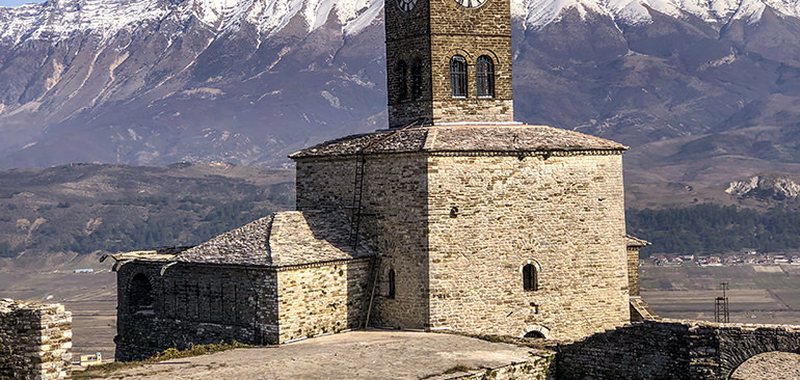
Tourism increases visits to art and culture institutions/ They attract around 788 thousand tourists, the most visited being the Gjirokaster Castle
According to data from INSTAT for 2024, a total of about 1,282 performances and premieres were organized in all major art institutions. The balance is......
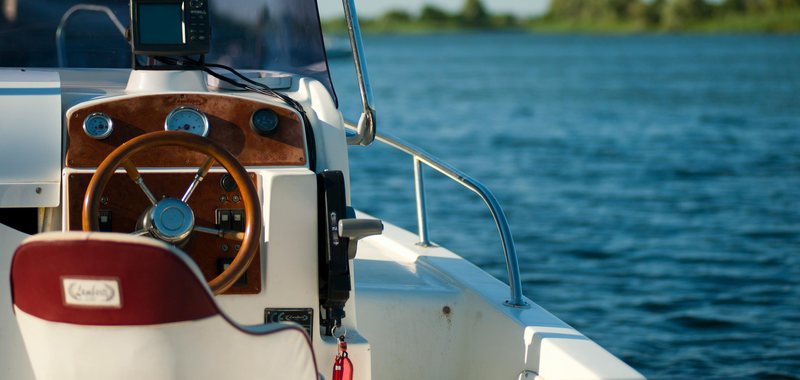
Albanians "flock" to the sea / Record boat imports. Italy, Britain and Greece top the list of suppliers
The month of May 2025 marked a historic record in the import of ships, boats and floating structures into Albania, with a total amount of 330.6 million lek,......
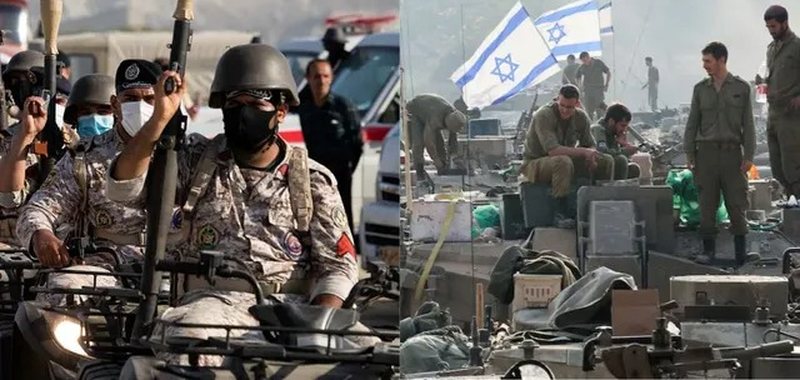
Middle East conflict "divides" Europe - Countries disagree on Israel's right to attack Iran
Clashes within the European Union over Israel's attack on Iran are expected to come to the fore during a meeting of ambassadors in Brussels, hampering the......
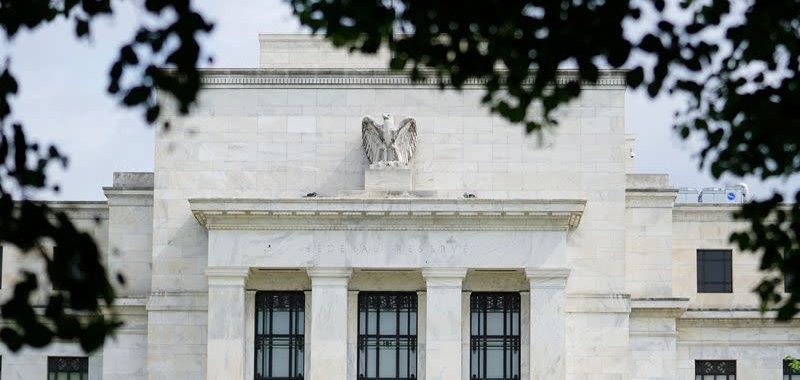
Fed keeps interest rates unchanged - But Trump wants them cut to ease government spending
The United States Federal Reserve decided to keep its key interest rate unchanged while awaiting further information on the impact of tariffs and other......

How much do Albanians invest in bonds and notes? - AFSA: The number of members in private funds reached over 40 thousand in the first quarter
Not only in deposits and real estate, but also in government securities. Albanians are diversifying the ways they invest their money. The latest data from......
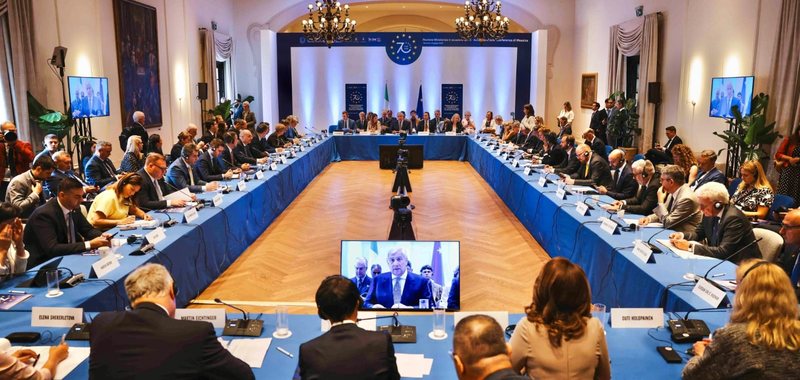
Taormina Ministerial in Italy/ Hasani: "EU enlargement, strategic choice for peace"!
This year marks the 70th anniversary of the historic Messina and Taormina Conference, one of the most important events of the European journey, where......

600 euros per month for newborns - Sardinia's strategy to combat depopulation
Families living in small municipalities in Sardinia will receive a monthly contribution in 2025 for each newborn, adopted or sheltered child. This is......







